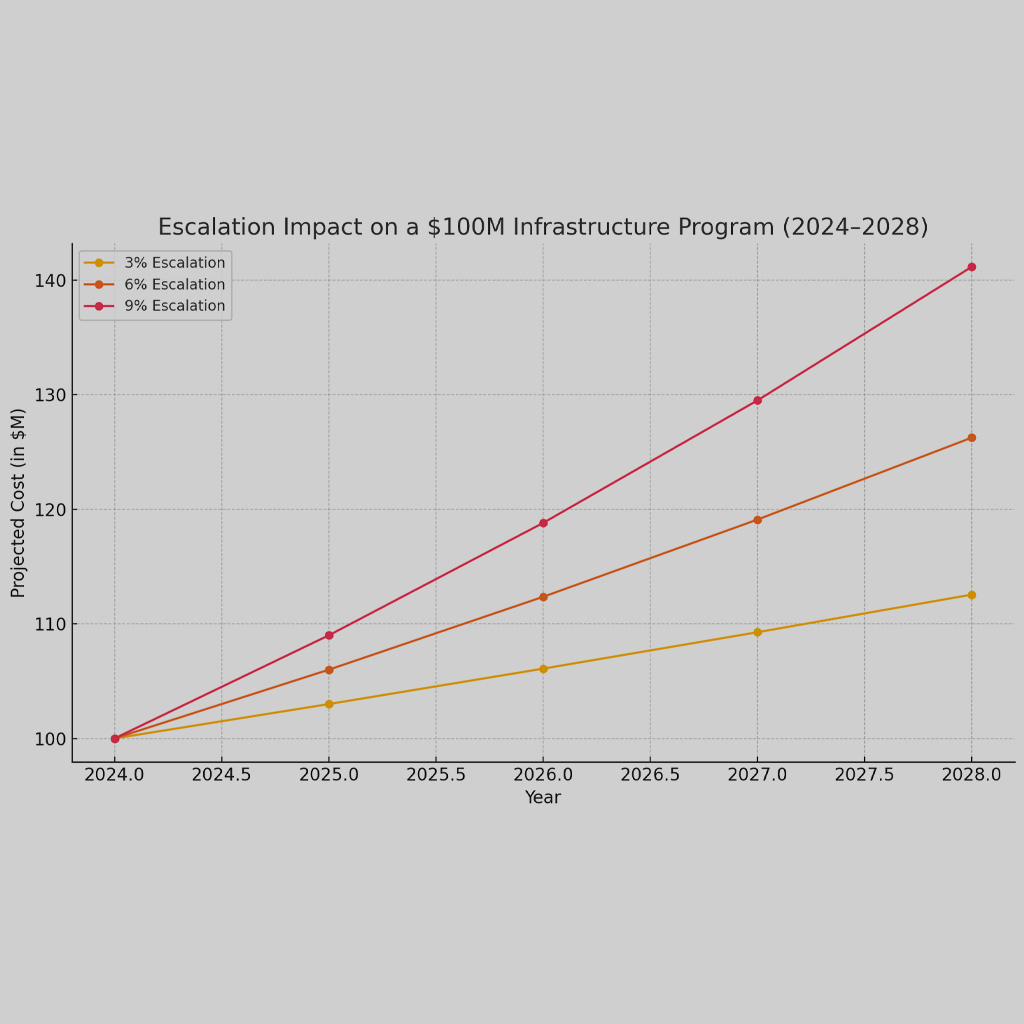How Impact Fees Help Local Governments Stimulate Economic Growth
Impact fees are a financial tool local governments can use to collect revenues from new developments to fund infrastructure projects, such as roads, parks, and schools. They have become more prevalent as voters increasingly resist higher property taxes and with a declining trend of federal revenues for local public infrastructure. These fees are usually imposed on developers when they apply for building permits and can assist in equitably distributing the costs of supporting business development.
The Role of Impact Fees in Economic Development
Impact fees can play a critical role in economic development by helping to finance infrastructure projects that are necessary to support anticipated growth. Impact fees are calculated based on the intended land use and number of new residents or employees that the development is expected to generate. When developers are required to pay impact fees, they are effectively contributing to the cost of expanding public facilities that will support the new development, which attracts new businesses and residents to the area, further stimulating economic growth.
Advantages of Impact Fees for Local Governments
There are many advantages to leveraging impact fees as a revenue source for local governments:
- Predictable Revenue: Impact fees provide local governments with a predictable source of revenue that can be used to finance infrastructure projects over time.
- Fairness: Impact fees ensure that the costs of infrastructure expansion are equitably borne by those who create the demand for it, rather than the existing residents who may not benefit directly from the new development.
- Economic Development: Impact fees can help to attract new businesses and residents to the area, which can create jobs and stimulate economic growth.
Challenges Associated with Impact Fees
Adoption of an impact fee ordinance is not without drawbacks from the point of cost and risk. The analysis and technical expertise required to develop requisite Land Use Assumptions (LUA), Capital Improvement Plans (CIP), and Fee Scheduling may be beyond the capabilities of small municipalities and require additional staff. This can be offset through the support of professional consultants and by coordinating with nearby jurisdictions that have successfully enacted fee ordinances. Moreover, impact fees can drive down the value of undeveloped land if they are perceived as a disincentive to development. Businesses can also choose to develop in adjacent non-fee jurisdictions, thereby hindering new development. Finally, improved infrastructure often results in an increase in property value and by extension property taxes. These costs and risks must be considered and actively managed through transparency and a holistic approach to capital improvement finance.
Impact Fees and Infrastructure Development
Infrastructure development is critical for economic growth. New roads, schools, parks, and water and sewer systems are necessary to support new development and attract new residents and businesses to the area. However, the cost of infrastructure development can be substantial, and local governments may not always have the funds available to finance these projects. In this sense, impact fees are a logical choice for municipalities that wish to develop infrastructure more rapidly than traditional financing through municipal bonds or tax revenues. Impact fees can help growth to pay for itself, rather than solely burdening existing residents with the cost of expanding public facilities and capital improvements.
Impact Fees and Community Benefits
Impact fees can be used to finance a wide range of community benefits, as described in supporting LUA and CIP, including:
- Roads and Transportation: Alleviate traffic congestion and allow access to undeveloped land.
- Public Works: Meet increased demands for utilities and wastewater management.
- Schools: Accommodate new students who move into the area
- Parks and Recreational Facilities: Enhance the quality of life for residents
Conclusion
Impact fees can be an effective tool for local governments to finance capital improvement projects and stimulate economic growth in their communities. By collecting fees from developers, local governments can ensure growth pays for itself and the costs of expanding public facilities are shared by those who create the increased demand.
While impact fees are not a silver bullet for economic development, they can play a critical role in helping local governments finance the infrastructure projects necessary to support growth. By using impact fees wisely and responsibly, local governments can help to create vibrant and thriving communities that benefit both existing residents and new arrivals.
At Front Line Advisory Group, we are providing change management services to help municipalities collect and analyze data, improve stakeholder communication, leverage technology, develop training plans, and more. We believe these are the most effective and affordable ways for municipalities to scale their capabilities. Contact us for more info at info@frontlineadvisorygroup.com.













